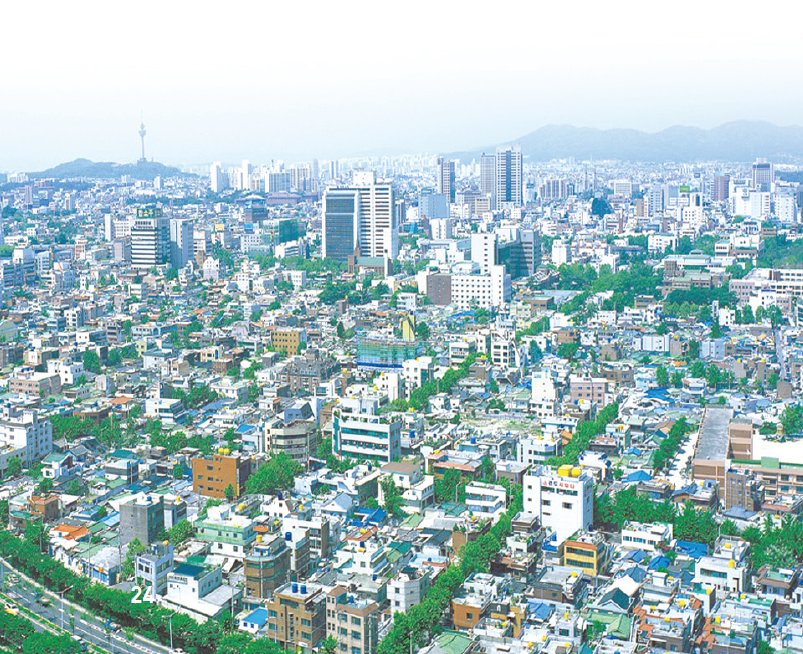EXTENDING THE DEBATE ON ICTs FOR CIVIL AND POLITICAL ENGAGEMENT: RUPTURES BETWEEN OLD AND NEW CIVIL SOCIETY IN A HIGH-TECH CITY
Abstract
This paper examines the issues confronting civil society actors as they leverage the internet to create spaces for citizen participation in public affairs. In particular, the paper focuses on the complexities arising from the intersections between the online and offline spaces of civic engagement. The creation of new online spaces of activity is discussed within the current literature on the relationship between ICTs and civil society for greater democratic engagement (see Rao, 2013).
This paper draws upon the rich body of work that studies how political activists, journalists, academics, politicians, and ordinary citizens in urban centres have leveraged new technologies for civil and political engagement (Castells, 2012; Chadwick & Howard, 2009; Earl & Kimport, 2011; Foth, Forlano, Satchell & Gibbs, 2011; Hands, 2012). The use of ICTs by youth, sexual and political minorities, other traditionally marginalized groups for greater civic and political engagement has also been well documented (Banaji & Buckingham, 2013; Bennet, 2008; Mehra, Merkel & Bishop, 2004; Pullen & Cooper, 2010). In recent years, studies have begun to focus on the increased use of ICTs among conventional and newer civic and political actors, including both elite and marginalized groups, in developing Asia (Hassid, 2012; Rao, 2012; Soriano, 2013, 2014; Sreekumar, 2013a; Zhang & Lallana, 2013). This paper examines the efforts of a new type of civil society actor in Bangalore city, India, whose extensive use of ICTs distinguishes him and his activities1 from the more conventional civil society actors in the city.

